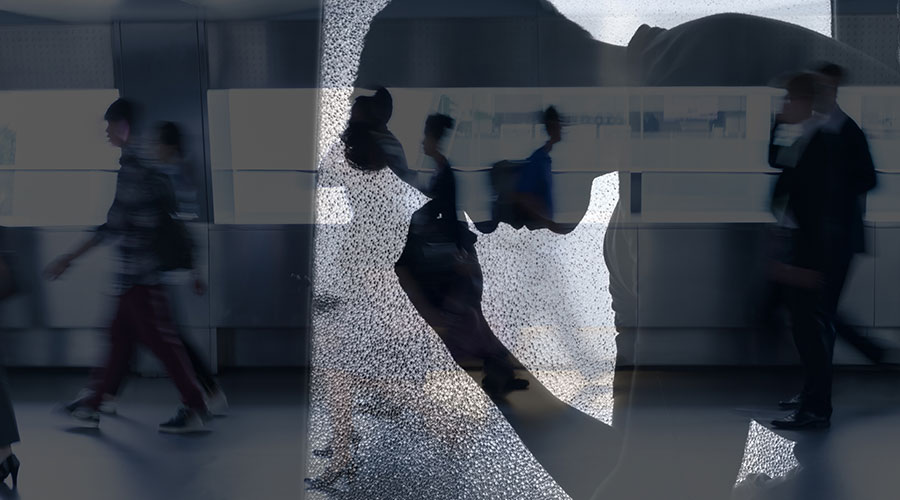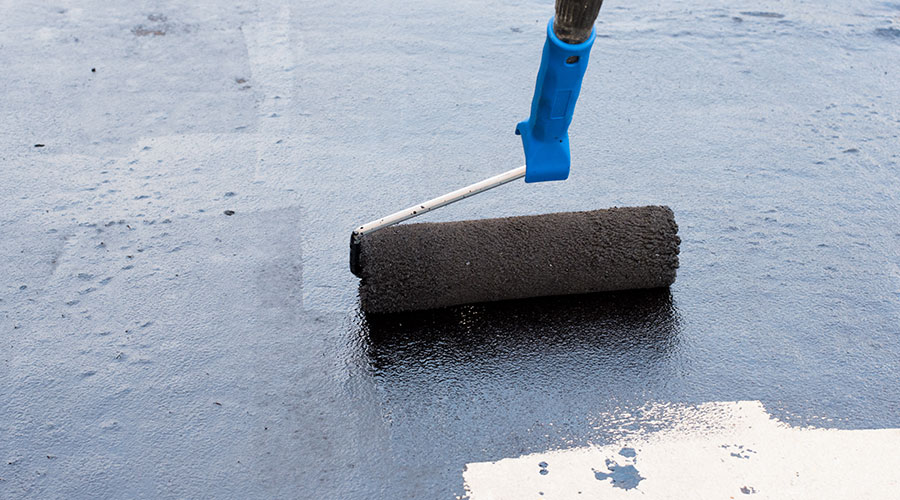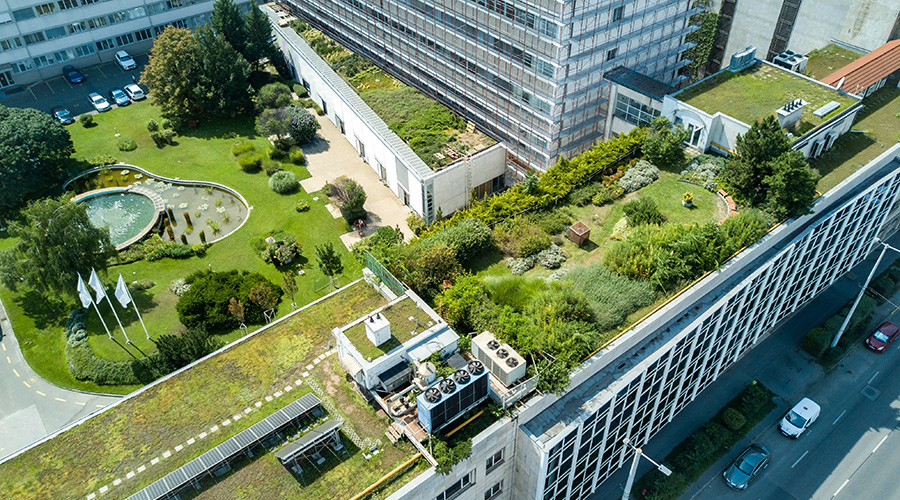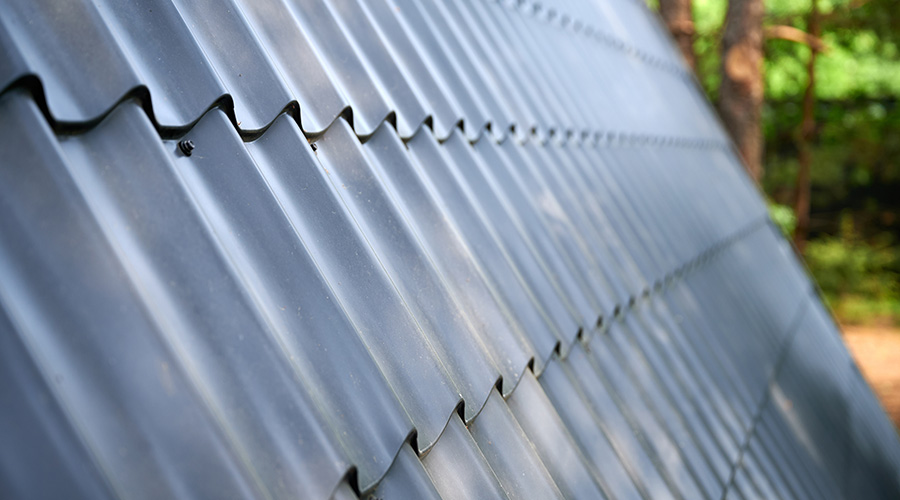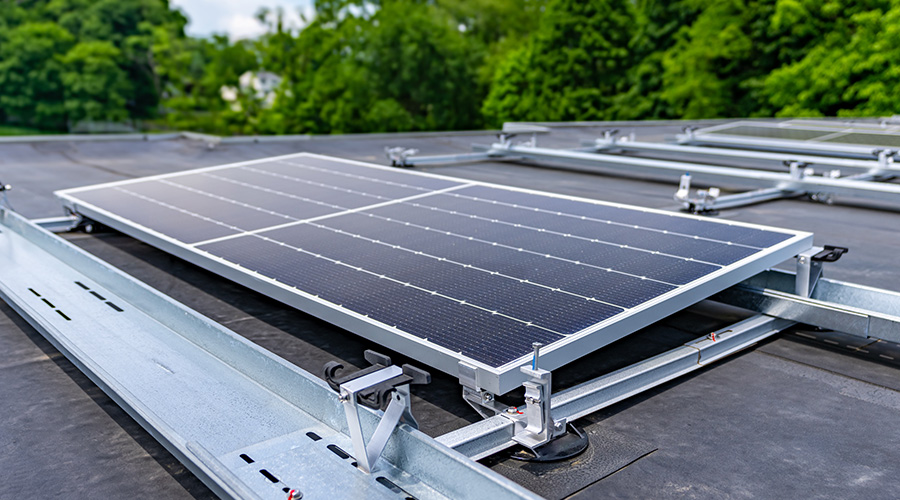Why Roof Inspections Should Be A Priority For Facility Managers
With the roof, out of sight often means out of mind. That's unfortunate, since regular roof inspections can help avoid long term costs. A better strategy is for facility managers to make roof inspections a priority.
7. Roof Cleaning
Regular roof inspections also draw attention to the need for regular roof cleaning. No task can provide a better payback than the low-cost practice of cleaning trash and debris from the roof. A clean roof is less likely to have wind damage. Loose trash and debris not only may cause wind damage in a storm, but trash tends to wash to the low points at drains or gutters. Trash obstructs proper roof drainage and creates leak problems that would otherwise not exist.
8. Security
Thieves often break into buildings through unlocked roof hatches or skylights. Regular inspections can disclose security breaches and enable owners to reduce the likelihood of vandalism or burglary. While a broken skylight is likely to be a source of water leakage, unsecured skylights can also present a security threat.
9. Warranty Repairs
Many owners pay for repairs that are covered under a contractor or manufacturer's roof warranty. Leaks can be caused by many factors, only some of which are covered under a roof warranty. However, when a leak is detected, an owner should have a qualified person perform an inspection to determine whether or not to file a warranty claim. When a roof warranty claim is filed, the contractor or manufacturer will visit the site and make a determination whether the leak or repair is covered. The key for the owner is maintaining possession and ready access to the warranty document, as well as timely filing of the claim.
10. Needed Improvements
Regular inspections highlight the need for continual building improvements, many of which affect the roof. For example, the increased presence of electronic equipment, computers, security systems, and video displays has encouraged many owners to install lightning protection on older buildings.
Roof access is an important provision for all buildings. It is well known in the industry that roofs that are accessible are maintained while roofs that are difficult to access are ignored. Regular inspections are facilitated with improved safe access to roofs. Installing permanent ladders and safety rails around roof hatches greatly facilitates safe access to roofs.
Establishing a schedule for routine roof inspections should be a priority for building owners. Inspections are inexpensive and can provide valuable information that can prevent expensive repairs later. In addition, regular roof inspections provide a checklist for routine maintenance work and enable owners to prepare budgets for future years. Roof inspections are the first step in a proactive roof management program that can help owners have planned and scheduled repairs instead of emergency leak repairs. Few other building maintenance procedures provide a better return on investment than regular roof inspections.
Edis Oliver, PE, is a principal in the Austin, Texas office of Wiss, Janney, Elstner Associates, Inc. He is a nationally recognized roofing expert with more than 40 years of experience in the construction and engineering field. Oliver was selected by the Roofing Contractors Association of Texas to write the roofing contractor certification manual, titled "Managing a Roofing Company in Texas."
Related Topics:






